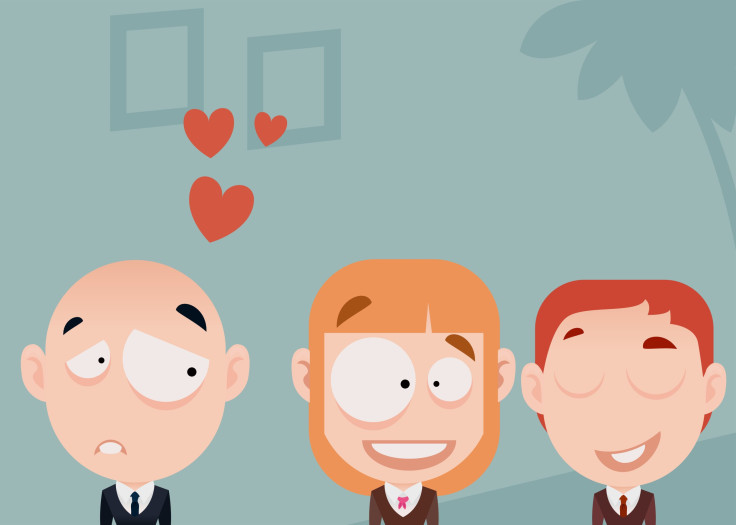Single Women More Vindictive Toward Ugly Suitors After Being Turned Down By Attractive Men

It’s said that absence makes the heart fonder. But it seems that romantic rejection sure doesn’t, at least when it comes from a certified hottie, according to a new study in Social Psychological and Personality Science. It found that when hopeful women were rejected by an attractive man, they themselves became cold-hearted toward less attractive prospects, even when the latter man expressed his own interest.
Gathering together the most eager of dating pools, undergraduate college students, the authors assigned nearly 300 single women across two studies to craft together an online dating profile in hopes of being seen by two prospective matches, whose profiles the women got to see in turn. And if any sparks flew, the women were told they’d get to meet their potential boos. Soon after, the women heard back from both men simultaneously, who either randomly rejected or graciously accepted to awkwardly flirt with them in person. Unbeknownst to the women, the men’s profiles were randomly assigned to contain a picture of an attractive or unattractive man, as judged by earlier, presumably fun, research. Finally, the women were themselves asked to accept or reject the men, as well as to rate each man’s attractiveness, romantic appeal, and level of responsiveness.
With the trap set, the researchers found that when the attractive profile expressed interest in the women, they were likely to bat their eyes back, with more than two-thirds of the women interested in meeting said hotties. Notably, the women were almost as eager to meet the homely guy when both types of men expressed interest. But once the attractive men rejected the women, they not only lost interest in ever seeing him again, but his less comely counterpart too. Even when the unattractive men were interested, less than a quarter of women were keen to meet them if the sting of the attractive men’s rejection was fresh in their minds. They were also more likely to insult the unattractive men’s romantic and physical qualities. And though it might go without saying, there was no similar effect seen when women were rejected by an ugly suitor but accepted by a cutie.
The authors explain people often become antisocial in the face of personal rejection, usually as a means of cushioning the blow to their ego. If the nightclub doesn’t want to let you and your friends in, then maybe the nightclub is actually awful and you didn’t even want to go to their stupid party in the first place. But they further elaborate that some previous research has shown that social acceptance can counteract that defensiveness, by reestablishing a sense of connection. Their results indicate that the picture is more muddled than that. "[B]eing affiliated with an unattractive man would make those women feel like that's the kind of man they 'deserve,' which puts their larger social goals at risk," said lead author Dr. Greg MacDonald from the University of Toronto in a press release. It seems that being considered unworthy of an attractive partner spurns us to do anything to avoid confirming that perception. And it might even make us more eager to punch down, in hopes of being seen as too good for someone else on the lower rung of the social ladder.
The authors point out that their results might have turned out differently had they paired two attractive profiles, or by instead using an even more attractive profile. “It is possible that rejection by a highly attractive individual would not spur the same defensive reactions, given that most people should not expect to be desired by the most attractive potential partners and thus may not experience threat to their own sense of attractiveness,” they wrote.
But perhaps this study as it stands can simply remind us to treat others as we’d like to be treated by them. Even if they’re not a looker, and even if that cutie at the bar already turned us down.
Source: MacDonald G, Baratta P, Tzalazidis R. Resisting Connection Following Social Exclusion: Rejection by an Attractive Suitor Provokes Derogation of an Unattractive Suitor. Social Psychological and Personality Science. 2015.



























